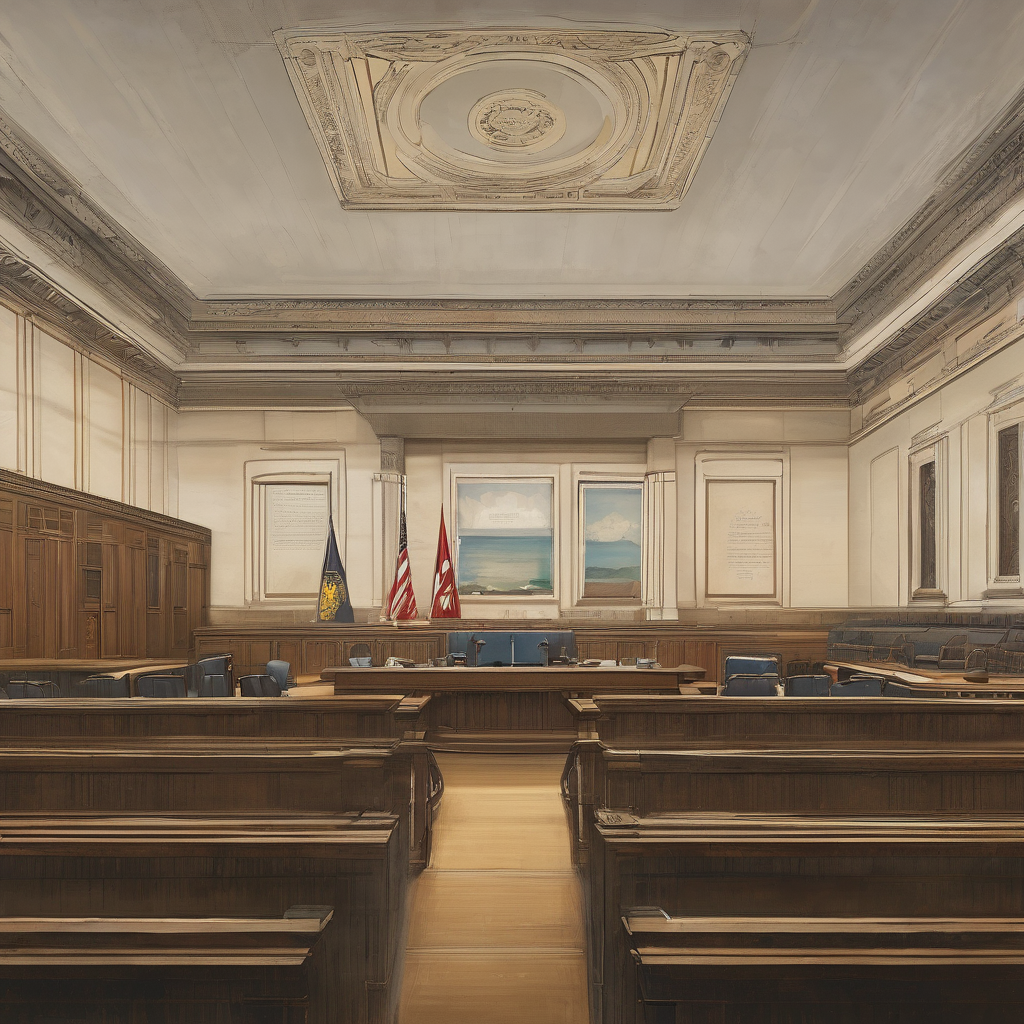The recent arrest of Lagomarsino Baules, son of a notable pro-China politician in Palau, has raised concerns about the potential growth of Chinese-linked criminal networks in the Pacific region. Baules, 38, was detained during a significant anti-drug operation in Fiji, alongside Ginna Mukunghoa Choi, a Federated States of Micronesia citizen with established ties to drug trafficking.
Choi, previously residing in Palau, was labeled an “undesirable alien” by Palauan authorities earlier this year due to her connections with known drug traffickers, as revealed in documents acquired by the Organized Crime and Corruption Reporting Project (OCCRP). Baules’ association with Choi underscores growing worries about the infiltration of organized crime into political domains in the Pacific.
Lagomarsino Baules is the son of Hokkons Baules, President of Palau’s Senate, who has been a proponent of strengthening ties with China, including advocating for a shift in Palau’s diplomatic allegiance from Taiwan to China. While Hokkons Baules has not been implicated in any illegal activities, he expressed to OCCRP that he learned of his son’s arrest through news reports, showcasing a troubling personal and political disconnect. “There is nothing I can do; he has not communicated,” he stated, reflecting the impact of this incident amidst broader political implications.
This situation highlights the evolving challenges faced by governance in the region amid rising foreign influence and criminal activities. It resonates with ongoing concerns about the mix of organized crime and foreign investment in Pacific nations, a topic that has sparked debates about national security and crime. Investigations have previously scrutinized Fiji’s former Prime Minister Voreqe Bainimarama and ex-Police Commissioner Sitiveni Qiliho over alleged ties to individuals like Fugang Zhao, who has been accused of leading local organized crime operations, despite strong denials.
There is an increasing discourse on possible pathways forward, with the Fijian government under pressure to enhance law enforcement strategies against both domestic and international crime. As Fiji continues its battle against narcotics and corruption, promoting transparency and reinforcing governance structures could lead to greater stability and foster a more positive diplomatic atmosphere in the region.
The arrest of Baules serves as a potent reminder of the vulnerabilities faced by small island nations in light of foreign influence, emphasizing the need for a collective response to protect national integrity and public safety. This ongoing incident may prompt reforms that prioritize accountability and rigor in governance, instilling hope for a more secure and prosperous future in the Pacific.
